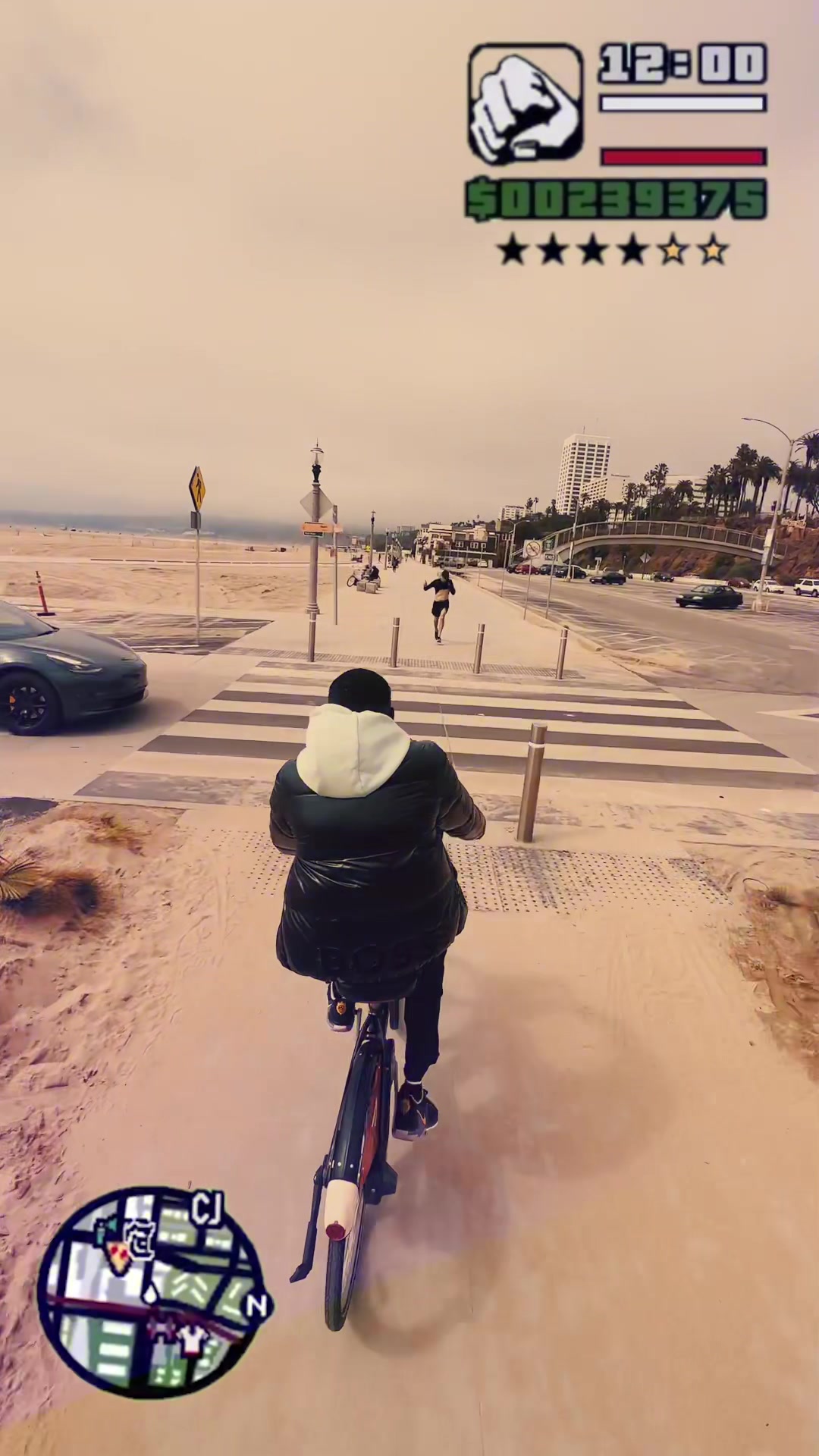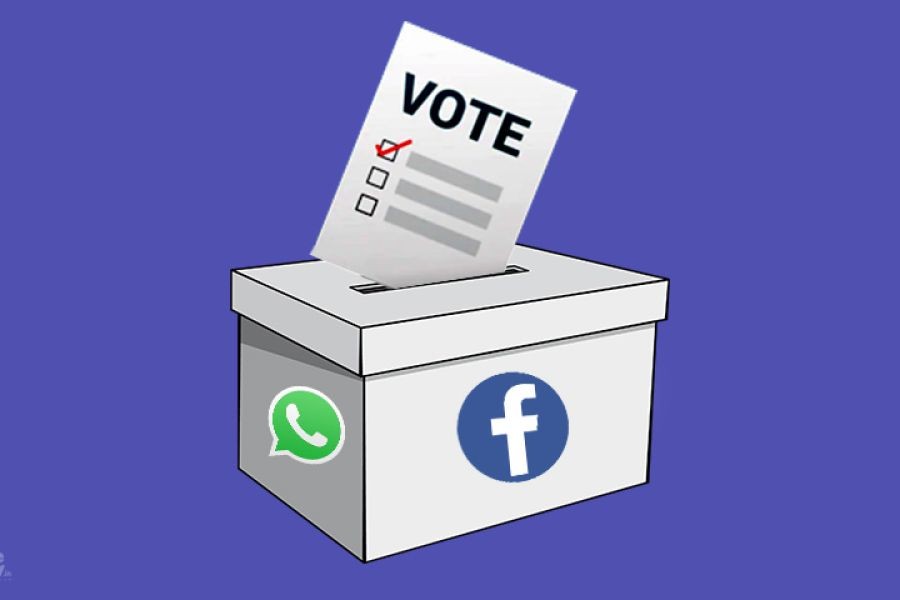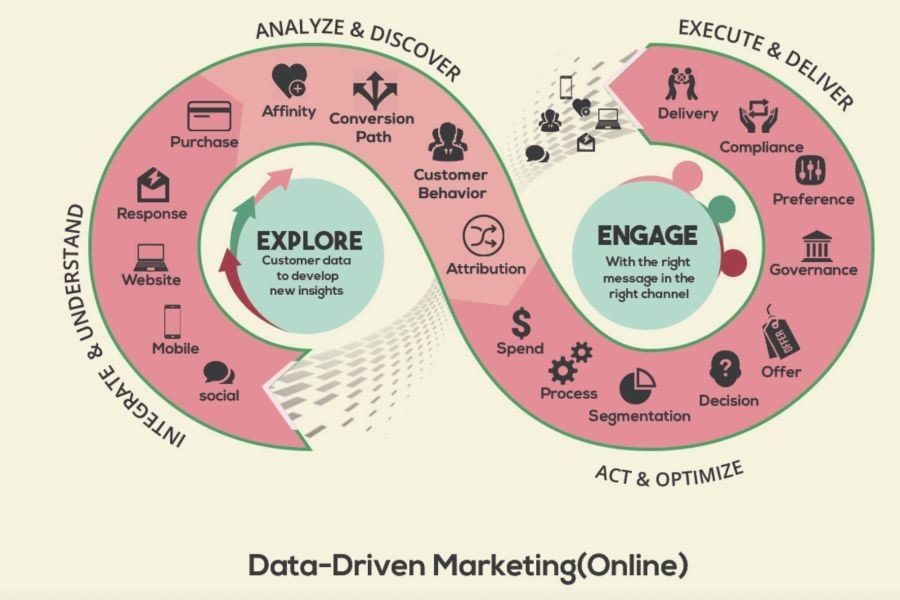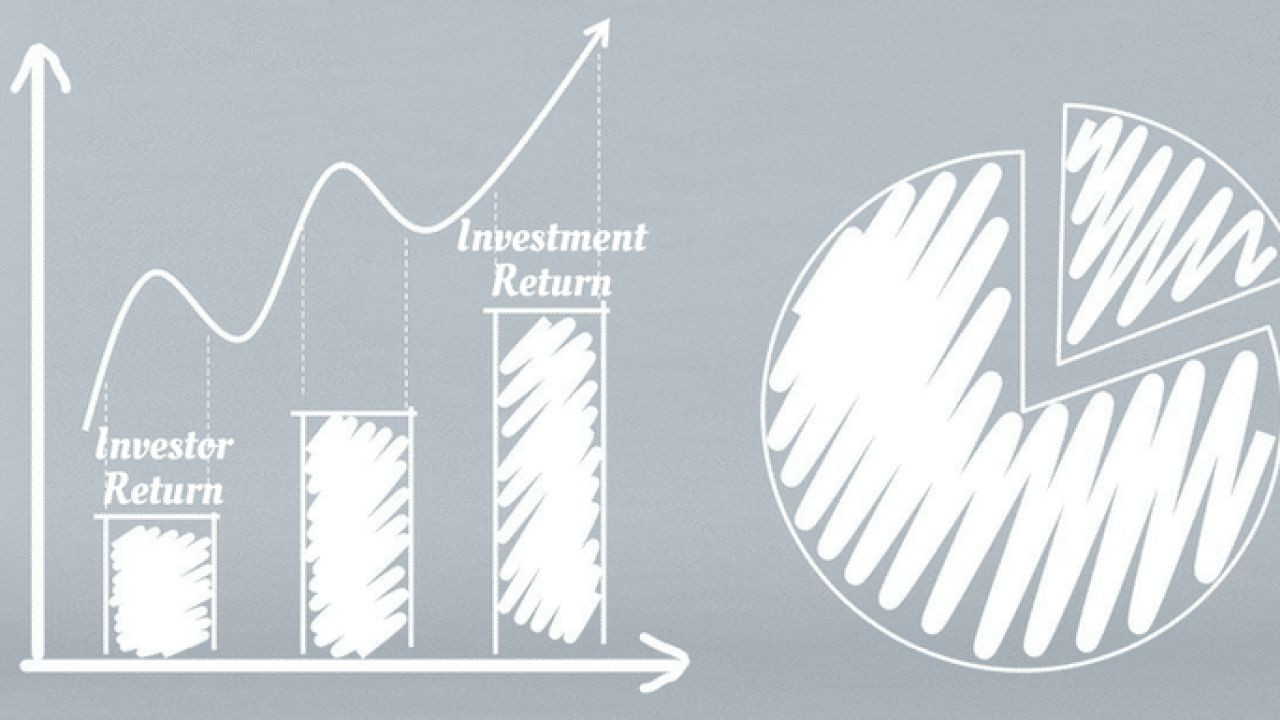In recent years, social media has cemented itself as an indispensable tool in the political arena, both globally and in New Zealand. The potential for social media to shape political discourse, influence voter behavior, and even alter election outcomes is profound. As New Zealand approaches the 2025 elections, one must ask: will social media play an even larger role in shaping the political landscape? This article delves into the intricacies of social media's potential impact on New Zealand politics, offering a comprehensive examination backed by data and expert insights.
Introduction
Imagine a future where political campaigns are not just fought on the streets and in traditional media, but in the digital realm, with social media platforms driving the narrative. This isn’t far-fetched—it's already happening. In New Zealand, social media's role in politics has been steadily increasing, as it provides a platform for politicians to engage directly with constituents, bypassing traditional media filters. According to Stats NZ, over 80% of New Zealanders were active social media users by 2023, highlighting the platform's reach and influence.
As political parties and candidates gear up for the 2025 elections, understanding the impact of social media on politics becomes imperative. This article explores the pros and cons of social media in politics, how it works, and its potential future role in New Zealand's political landscape.
Pros and Cons of Social Media in Politics
✅ Pros:
- Direct Engagement: Social media enables politicians to engage directly with voters, increasing transparency and trust.
- Cost-Effective Campaigning: Compared to traditional media, social media offers a more affordable way to reach a large audience.
- Real-Time Feedback: Politicians can gauge public opinion in real-time, allowing for more responsive policymaking.
- Viral Potential: Messages can go viral, increasing exposure and influence without additional cost.
❌ Cons:
- Misinformation Spread: False information can spread quickly, influencing public opinion based on inaccuracies.
- Echo Chambers: Social media can create echo chambers, where users are only exposed to similar viewpoints, reducing balanced discourse.
- Privacy Concerns: The use of data for targeted political advertising raises significant privacy concerns.
- Short Attention Spans: The fast-paced nature of social media may lead to oversimplification of complex political issues.
How Social Media Shapes Politics in New Zealand
Social media's influence in New Zealand politics can be observed through various facets, from campaign strategies to public engagement. For instance, during the 2020 New Zealand general election, social media was pivotal in mobilizing young voters, who are traditionally less likely to engage with conventional political processes. Political parties used platforms like Facebook and Instagram to disseminate targeted messages, aiming to resonate with younger demographics.
Moreover, social media platforms have become critical in shaping political narratives. In 2023, a study by Massey University found that 60% of New Zealanders had encountered political news primarily through social media. This shift underscores the need for politicians to craft compelling digital strategies that can capture and maintain voter interest.
Real-World Case Studies
Case Study: New Zealand Green Party – Leveraging Social Media
Problem: The New Zealand Green Party, known for its environmental advocacy, sought to increase its appeal among urban youth who are highly active on social media.
Action: The party launched a targeted social media campaign focusing on climate change and sustainable living. They used Instagram and TikTok to share short, impactful videos that highlighted their policies and engaged young voters.
Result: The campaign led to a 25% increase in youth voter turnout for the Green Party in the 2020 elections. Their social media following grew by 35%, demonstrating significant engagement and interest in their policies.
Takeaway: This case study highlights the importance of understanding and utilizing social media platforms to connect with specific demographics. Political parties in New Zealand can enhance their reach and influence by adopting similar strategies.
Debunking Common Myths
Myth vs. Reality
- Myth: "Social media is only for young voters." Reality: Statistics from Stats NZ indicate that 45% of users aged 50 and above actively engage with political content on social media.
- Myth: "Social media influence is overhyped." Reality: A 2023 report by MBIE showed that 70% of voters reported being influenced by social media content during the election period.
- Myth: "Social media cannot replace traditional media." Reality: While traditional media remains relevant, social media offers unparalleled reach and immediacy, with many users turning to it first for breaking news.
Future Trends and Predictions
Looking towards the 2025 elections, several trends suggest that social media's role in New Zealand politics will only grow. According to a report by Deloitte, digital advertising spend is projected to increase by 40% by 2025, with a significant portion allocated to social media platforms. This shift indicates a growing recognition of social media's power to influence voter behavior.
Moreover, the integration of artificial intelligence in social media strategies is expected to enhance targeting precision, allowing for more personalized political messaging. As AI tools become more sophisticated, political campaigns will be able to analyze voter data with greater accuracy, optimizing their outreach efforts.
Conclusion
As New Zealand heads towards the 2025 elections, the influence of social media in politics is set to expand. While it offers numerous advantages, including direct engagement and cost-effective campaigning, it also presents challenges, such as the spread of misinformation and privacy concerns. Political parties must navigate these complexities, leveraging social media's strengths while mitigating its risks.
For sustainability consultants and policymakers, understanding the dynamics of social media in politics is crucial. By fostering transparent and ethical digital engagement practices, New Zealand can ensure that social media serves as a tool for positive political discourse and democratic participation.
What's your take on social media's role in New Zealand politics? Share your insights below!
People Also Ask (FAQ)
- How does social media impact politics in New Zealand? Social media enables direct voter engagement and real-time feedback, influencing political strategies and voter behavior.
- What are the biggest misconceptions about social media in politics? A common myth is that social media is only for young voters, but data shows significant engagement across all age groups.
Related Search Queries
- Social media influence in New Zealand politics
- New Zealand elections 2025 social media
- Political campaigns on social media NZ
- Impact of social media on voter behavior in NZ
- Social media strategies for political parties in New Zealand































